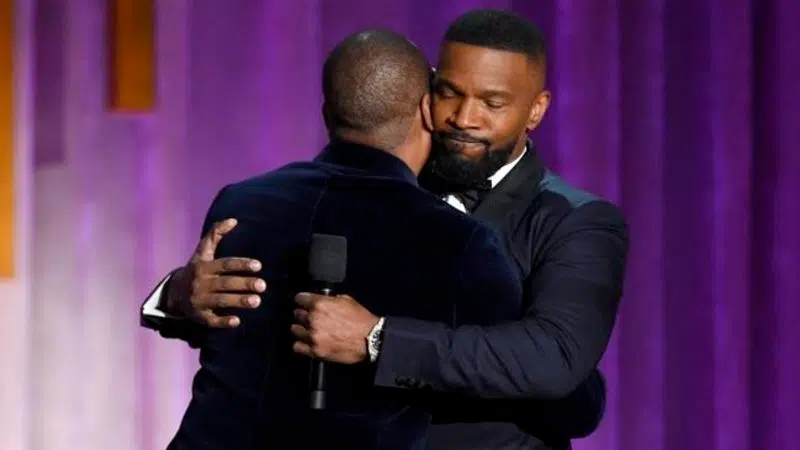
Stars advocate for progress at honorary Oscars event
LOS ANGELES — Inequality in the film industry got a high-profile spotlight at the Academy of Motion Picture Arts and Sciences’ 11th annual Governors Awards, where Cherokee actor Wes Studi, Italian director Lina Wertmüller and filmmaker David Lynch all received honorary Oscars on Sunday.
Dire statistics — like the fact that Studi is the first Native American actor to get an Oscar, that only five women have ever been nominated for best director and that gender inequality is still an issue in front of the camera, too — existed well before the stars gathered in the heart of Hollywood for the untelevised dinner event. But there is nothing quite like seeing Jane Campion stand beside Greta Gerwig — two of the five female directing nominees in Oscars history — and count, by 10s, the number of men who have been nominated for best director. She got up to 350.
The film academy’s president, David Rubin, said there is no agenda when the 54-member board of governors selects the honorary Oscar recipients, but this year seemed to correct a few wrongs and could even signal a more promising future.
Jean Hersholt Humanitarian Award recipient Geena Davis asked everyone in the room to not make another movie without doing a “gender and diversity pass” on the script first.
